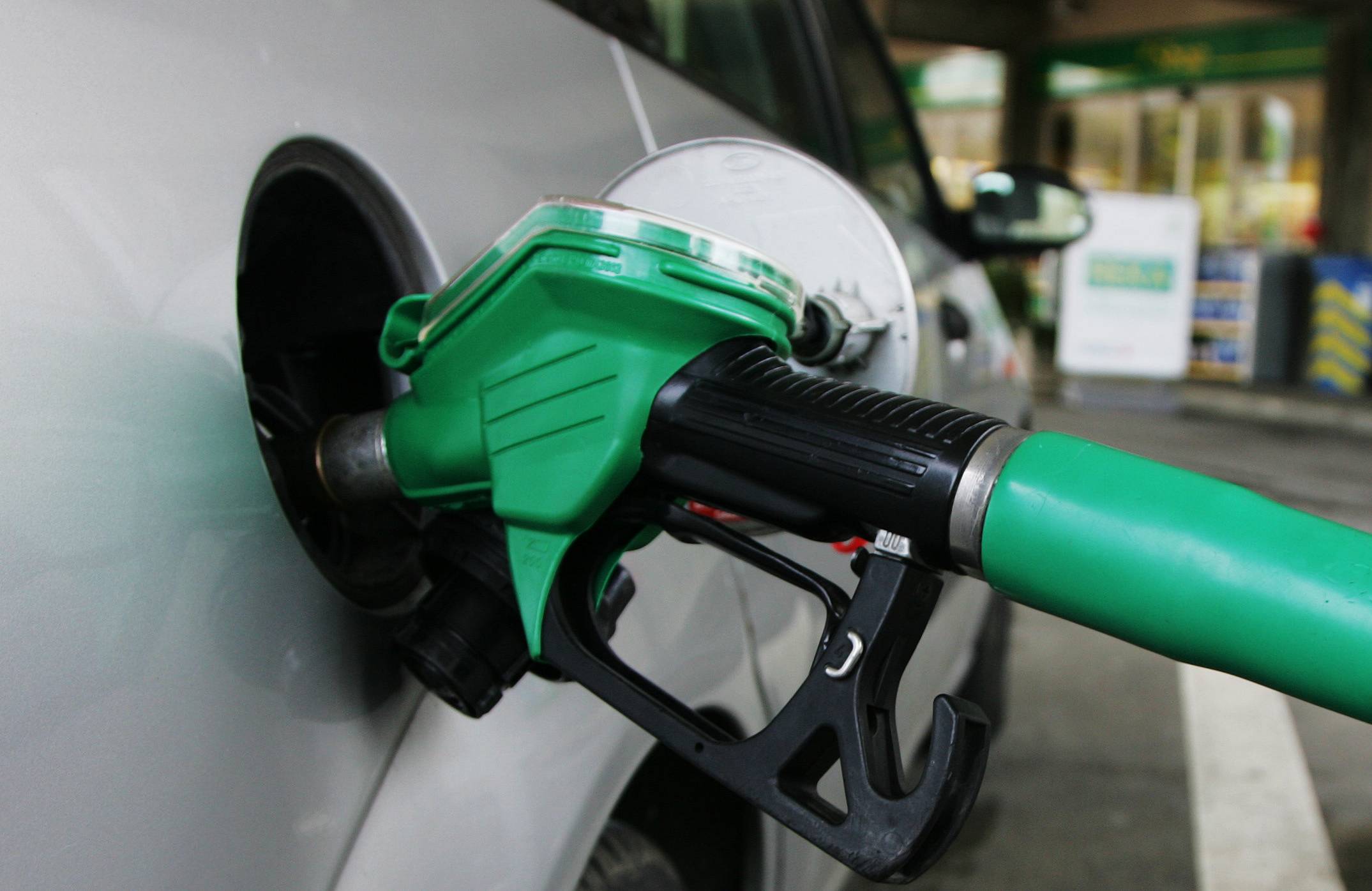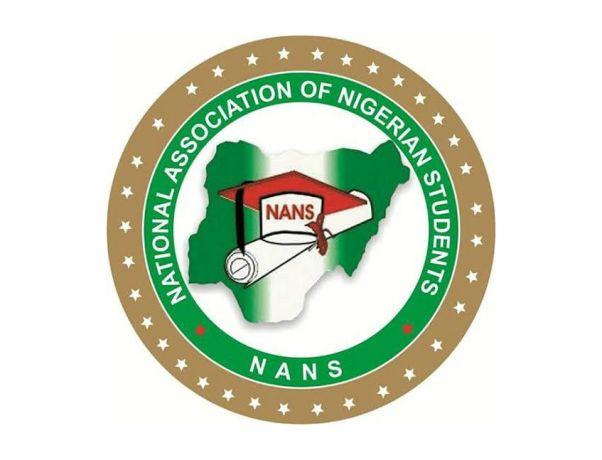The disparity in the pump price of Premium Motor Spirit, popularly called petrol, is to further widen due to the incomplete delivery of products to many filling stations, oil marketers stated on Tuesday.
Dealers under the aegis of the Independent Petroleum Marketers Association of Nigeria, said there had been a lopsided pattern in the distribution of PMS lately, stressing that this would cause scarcity and worsen the price disparity in retail outlets.
They told our correspondent that the Nigerian National Petroleum Company Limited, through its NNPC Retail subsidiary, had not been delivering the exact number of trucks of fuel that were meant for independent marketers.
“Here in Port Harcourt, for instance, we have Oando and NNPC Retail, and they have products in some private depots. Master Energy and Liquid Bulk also have products, but there is no volume for independent marketers,” the National Public Relations Officer, IPMAN, Chief Ukadike Chinedu, stated.
He added, “Independent marketers have no volume in all these depots and we have over 3,400 tickets lying and waiting at the NNPC Retail account. This new system is now making independent marketers beg for petroleum products from NNPC Retail.
“It is until NNPC Retail has finished loading products to its own outlets before it would now attend to independent marketers. It has made the independent marketers the third tier in terms of the bulk distribution of petroleum products, which is very incorrect.”
Independent marketers operate about 80 per cent of filling stations nationwide, both in villages and other remote areas, making them the largest downstream distributors of petrol.
Ukadike explained that the recent lopsidedness in products distribution by NNPC Retail “is the problem that leads to price disparity,” adding that “we are now forced to go and buy products from retail outlets and some of these tank farm owners at a very exorbitant price.”
Also commenting on the issue, the National President, IPMAN, Debo Ahmed, said the situation at private depots (coastal depots) was quite worrisome.
He said downstream oil sector operators “must do something now to restore the depleted faith of independent marketers, especially at the Port Harcourt coastal depots.”
Ahmed’s remarks, which was forwarded to our correspondent by the association’s PRO, read in part, “In the second week of February this year, a vessel discharged about 28 million litres (622 trucks) of PMS in TSL depot (Oando).
“A 162-trucks programme was released for IPMAN, which was about 7.3 million litres. Out of the 162-trucks programme given to us, we struggled to load less than 100 trucks. About 62 tickets are still there waiting for the next vessel.
“In the last week of February, another vessel discharged 13 million litres (288 trucks) of PMS at Liquid Bulk. Only a 56-trucks programme was released for IPMAN. We were all expecting the next programme, just to hear that the product finished last week.”
He also stated that last week, a vessel with 13 million litres (288 trucks) discharged at Master Energy.
“As at this moment, IPMAN has not received any programme for that product. Another vessel will discharge at TSL. IPMAN, what’s our fate?” the association’s president stated.
He added, “This is the right time to toss away the crutches of comfort and restore the hope and expectations of all independent marketers. Is important we start our protest as soon as possible.
“This is important so that Nigerias will know what is going on with us and the new retail. The lopsided distribution pattern will continue to cause scarcity and price disparity in retail outlets.”
When contacted for comments on the matter, the Chief Corporate Communications Officer, NNPCL, Garba-Deen Muhammad, requested that the enquiry be sent to him via WhatsApp. This was done, but he had yet to reply up till the time of filing this report.
The Punch

 Boss Picks4 days ago
Boss Picks4 days ago
 Opinion6 days ago
Opinion6 days ago
 Opinion4 days ago
Opinion4 days ago
 Events5 days ago
Events5 days ago
 Adding Value6 days ago
Adding Value6 days ago
 Featured6 days ago
Featured6 days ago
 Headline3 days ago
Headline3 days ago
 News6 days ago
News6 days ago














